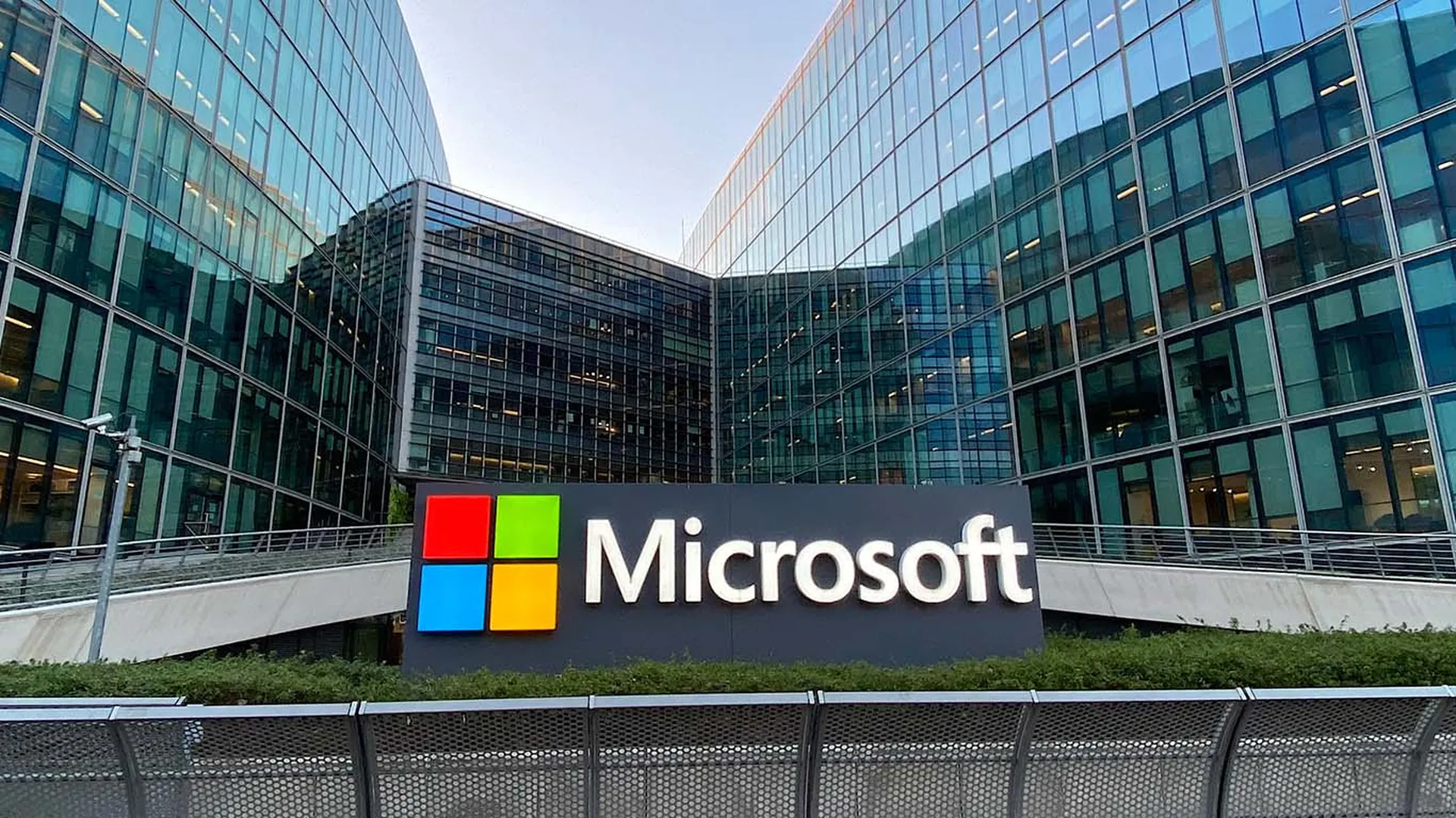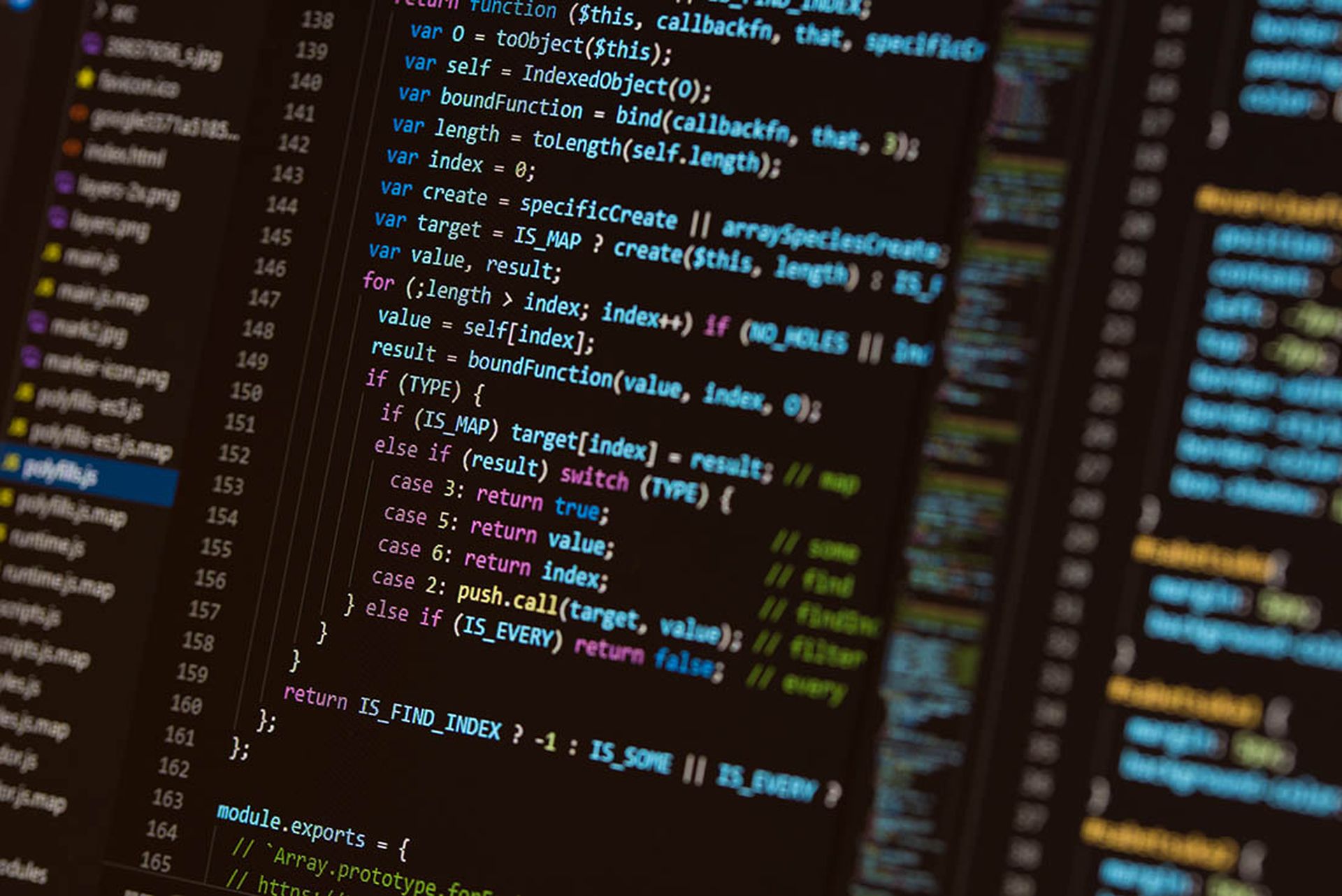We recently heard of crackdowns on the “hacktivist” group Anonymous, where a haul of hackers and their computers were swooped down upon and spirited away by the FBI.
So how come we continue to see communications from the group? A recent ominous-sounding tweet from the group states, “NSA, CIA, FBI, YOUNAMEIT: You have all of our data. How about the public receives all of your data? Working on it. #AntiSec.”
So what happened, why are they so elusive, and why haven't they been busted yet? The FBI and other agencies' news releases have been sparse regarding its tactics and collaborators (possibly for good reasons), so it's hard to know what cocktail of tools and techniques is being used.
The bigger question is whether the hacktivist concept's time has come, whether the idea resonates with the public.
Peer-to-peer file sharing survived long after the initial shutdown of Napster, precisely because of its resonance.
Following the shutdown, many more sprang up in its place, since the demand was still there.So the void was quickly filled with a flurry of new entrants, often with superior functionality than the original. Hence, the new entrants became a much more virulent bane of the recording and software industries for years to come. In short, this is supply and demand 101, and there's still a strong demand. Is there still a strong demand for hacktivism with or without Anonymous?
Anonymous claims it is really not much of a cohesive organization, but a loosely attached group of hackers who attempt to highlight alleged “dirty deeds” effected by “evil” organizations, which have been allegedly behaving badly. The goal is to bring unwanted, public, targeted attention to bear on a particular organization's deeds, thereby shaming it into “behaving.” Sort of a street protest gone high tech.
For its efforts, it has garnered no small amount of attention, so the group has succeeded in the first part of the equation. Now for the second. Behind a typical protest is some kind of boldly emblazoned call to action. Passersby are gently (or not so gently) goaded to adopt the stance of the protesters.
To be convinced to adopt its street-corner wisdom, however, two things must occur. First, one has to believe the message. This then requires a second bit: Is the messenger a credible source of information?
Now extend that analogy to the efforts of Anonymous. Does the public consider the group credible, or simply a nuisance? If a credibility gap occurs, the public will tire of the headlines and move on, and efforts may trail off. If, on the other hand, its messages are, and continue to be, credible and easily understood, the group, or others like them, may persevere.
To date, its messages have seemed spurious at times, leaning the pendulum a bit out of favor. On the other hand, protesters with valid messages sometimes seem strident and zealous about their positions, so does that mean they're wrong?
Either way, onlookers viewing the actions of Anonymous will have to determine if the message is valid. Also, if a significant core of its members get convicted and jailed, it will certainly have a cooling effect. Still, the larger question remains: Is this a valid, if unorthodox, way of getting a message across, or will this page in online history be chalked up to random efforts of some fringe kooks?



